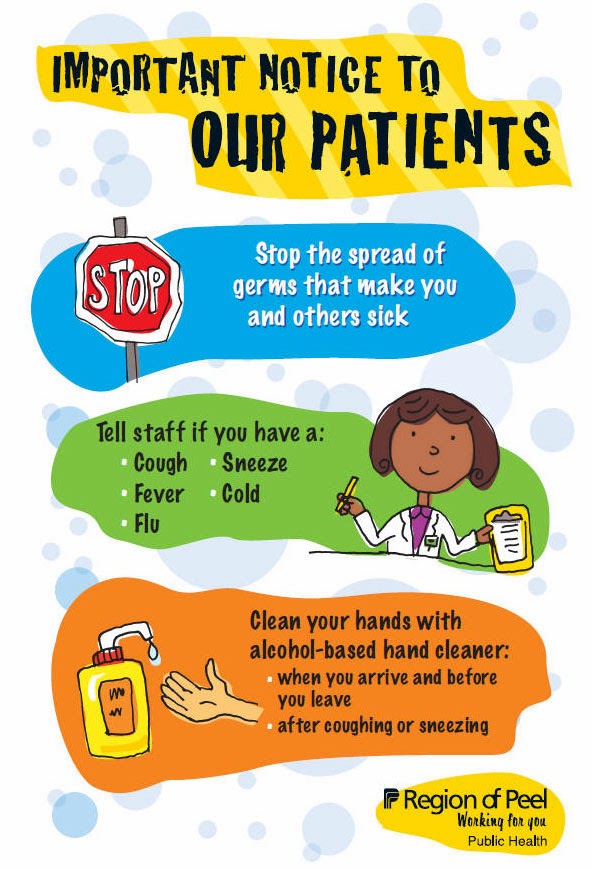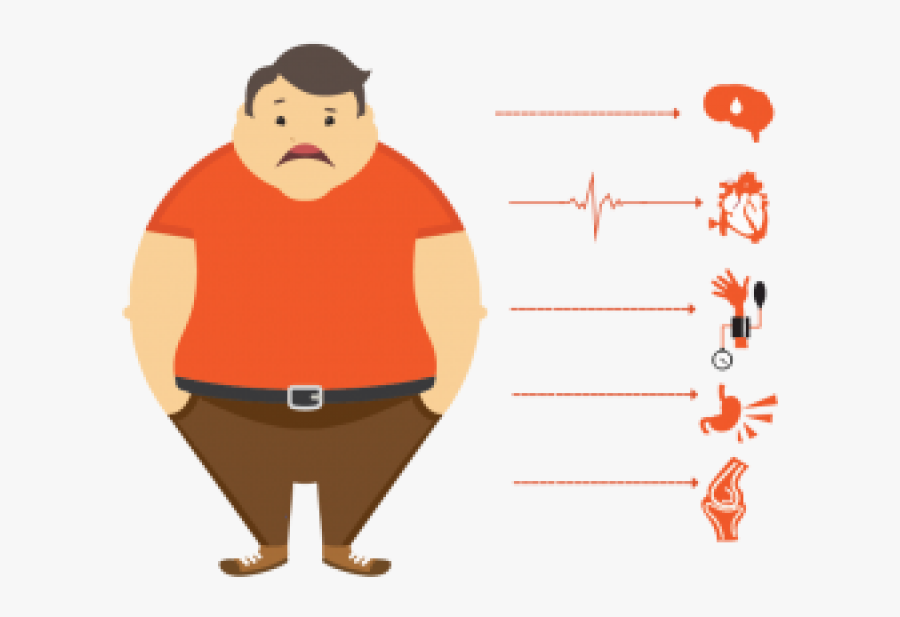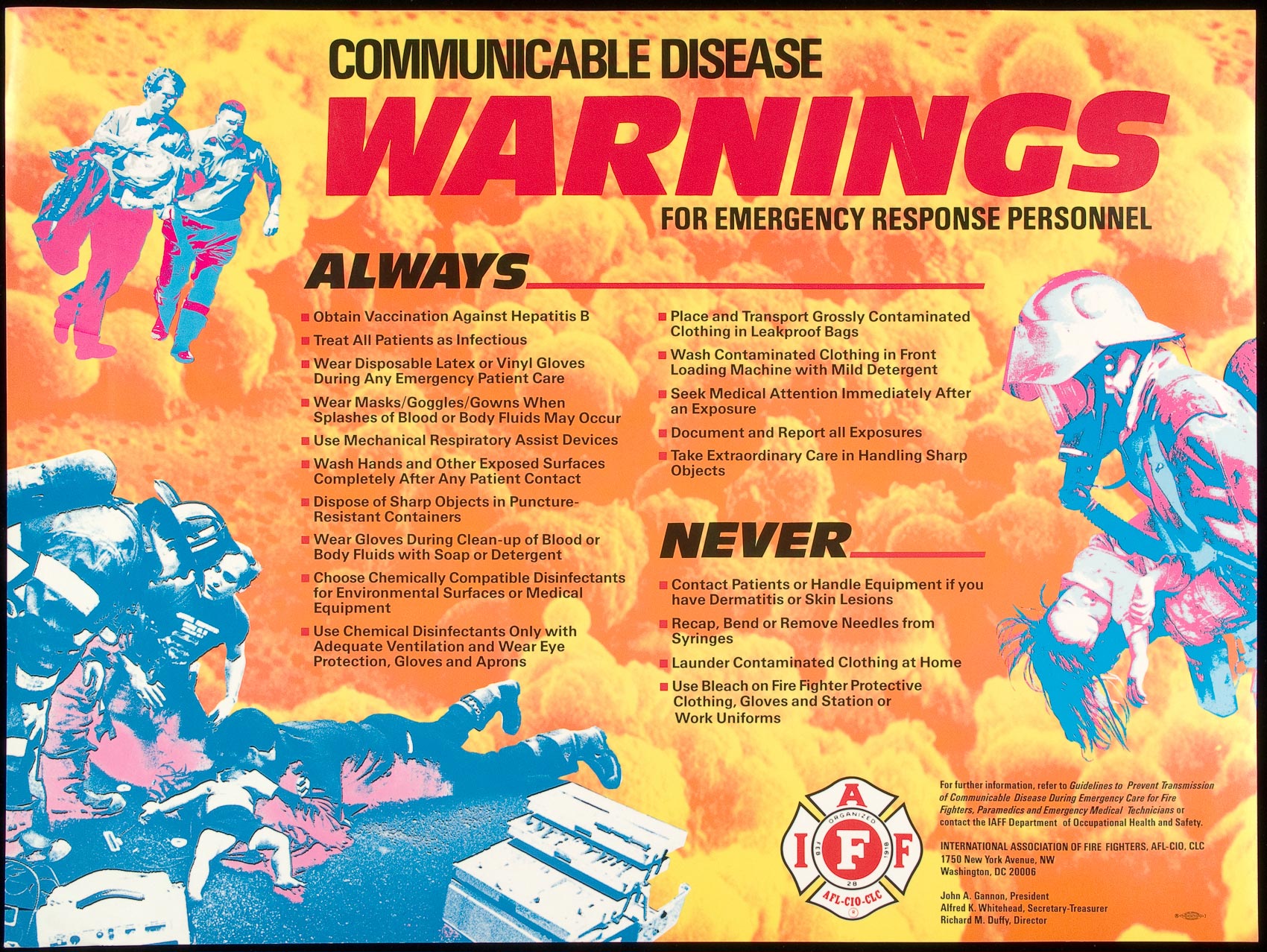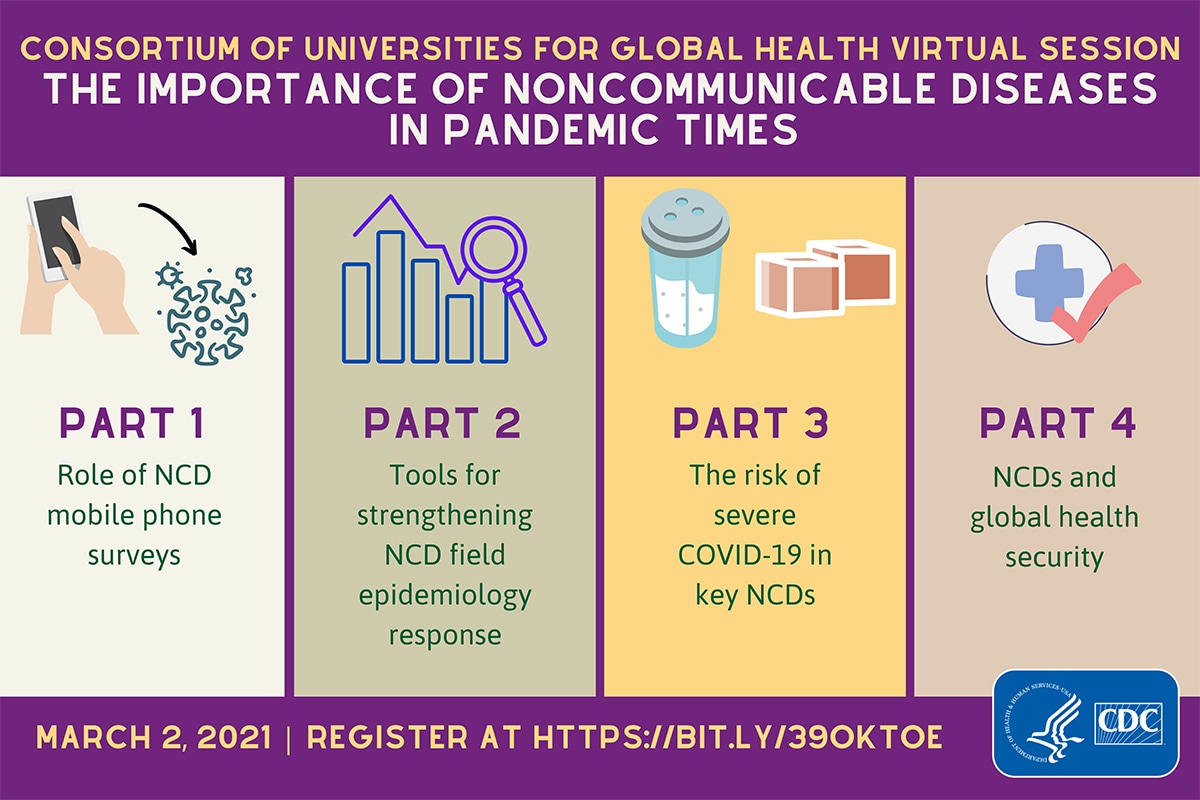
COMMUNICABLE DISEASES communicable diseases
Noncommunicable diseases (NCDs), including heart disease, stroke, cancer, diabetes and chronic lung disease, are collectively responsible for 74% of all deaths worldwide. More than three-quarters of all NCD deaths, and 86% of the 17 million people who died prematurely, or before reaching 70 years of age, occur in low- and middle-income countries.
.jpg)
Non Communicable Diseases Day CGH Hospital
Nonetheless, it is the "invisible epidemic" of non-communicable diseases (NCDs) that represents the world's leading cause of death . NCDs, also known as chronic diseases, are characterized by non-contagious nature, multiple risk factors, a long latency period, a prolonged temporal course, functional impairment or disability, and.

Health Education Non Communicable & Communicable Diseases YouTube
Poster Designing for healthy lifestyle. This poster is about an awareness to prevent NCD (Non Communicable Diseases). In this poster the seeds represent root causes for NCDs. The sapling represents the risk factors which then results in NCDs which is represented as the next stage of sapling (tree). Like (148)

create a poster on the prevention and control of diseases. PLEASE HELP PO give
These factors have, in turn, impacted the occurrence of non-communicable diseases such as diabetes, cardiovascular disease, mental disorders, chronic respiratory disease, and even some cancers.

Disease Prevention ASH Scotland
What does NCD mean? "NCD full form - Non-communicable Disease" Non-communicable diseases are non-infectious in nature and thus do not spread like communicable diseases. Most NCDs are chronic and last for a longer period of time. NCDs account for approximately 71% of global deaths.

Pin on Academics
Non-communicable diseases are chronic health conditions that are not contagious to others. While a diagnosis can be scary, there are many options in treating or preventing symptoms. Learning.

THE SILENT KILLER COMMUNICABLE DISEASES YayraSi Youth Foundation
Unhealthy diets and the resulting malnutrition are major drivers of noncommunicable diseases (NCDs) around the world. Malnutrition includes undernutrition, overweight and obesity, and other diet-related NCDs like type 2 diabetes, cardiovascular disease (heart diseases) and stroke, and some cancers.

diseases are the no. 1 killers in the WHO SEA Region
Noncommunicable diseases (NCDs), such as heart disease, stroke, cancer, chronic respiratory disease, and diabetes, are the leading cause of death and disability worldwide.

Poster About Non Communicable Diseases Caused By Having , Free Transparent Clipart ClipartKey
Non-communicable diseases (NCDs) are a major public health concern globally and their prevalence is increasing due to an increasing life expectancy, growing population, urbanisation and changing lifestyles. Many NCDs are preventable and certain lifestyle changes can reduce our risk of developing them.

Non Communicable Diseases ClassNotes.ng
Noncommunicable diseases (NCDs), also known as chronic diseases, tend to be of long duration and are the result of a combination of genetic, physiological, environmental and behavioural factors.

COMMUNICABLE DISEASE POSTERS Arogyajalakam
The concept/scope of non-communicable diseases covers a wide variety of health conditions, disorders, malady, and diseases. Some of them are triggered by lifestyle patterns, genetical make-up, or uncontrollable environmental factors. Not all non-communicable diseases are vectored by bacterial or viral micro-organisms.

What are diseases and what are the risk factors? resource http//emanthi
NCDs are the leading causes of death and disability in the Region. WHO Western Pacific Regional Office supports Member States in the prevention and control of NCDs to: Raise priority accorded to NCDs through international cooperation and advocacy. Strengthen national capacity, governance, multisectoral action, and partnerships.

Module on Preventive Strategies for Diseases for Nursing and Allied Health Science
A noncommunicable disease is a noninfectious health condition that cannot be spread from person to person. It also lasts for a long period of time. This is also known as a chronic disease. A.

Communicable disease warnings for emergency response personnel AIDS Education Posters
Non-communicable diseases (NCDs), also known as chronic diseases, are medical conditions that are associated with long durations and slow progress ( Figure 1 ). Most NCDs are non-infectious and are the result of several factors, including genetic, physiological, behavioral, and environmental factors ( 1 ).

Non Communicable Diseases List Grand Challenges In Chronic Non Communicable Diseases Nature
Preventing noncommunicable diseases Reducing the major risk factors for noncommunicable diseases (NCDs) - tobacco use, physical inactivity, unhealthy diet and the harmful use of alcohol - is the focus of WHO's work to prevent deaths from NCDs.

Disease Technical Support Unit United Nations Development Programme
Tools Share Abstract Cardiovascular disease, cancer, diabetes, and chronic respiratory diseases, targeted by Sustainable Development Goal 3.4, afflict millions of people and account for the highest global morbidity and mortality. Obesity is associated with noncommunicable diseases.